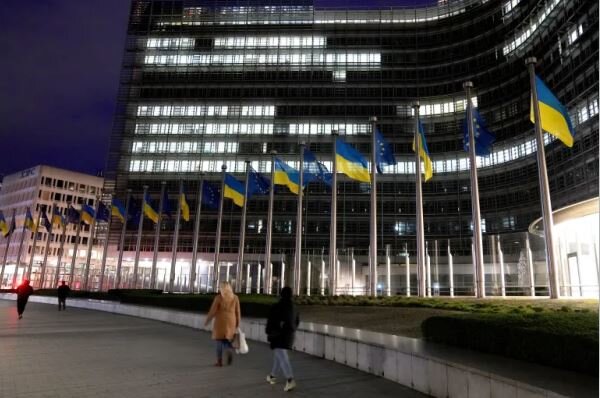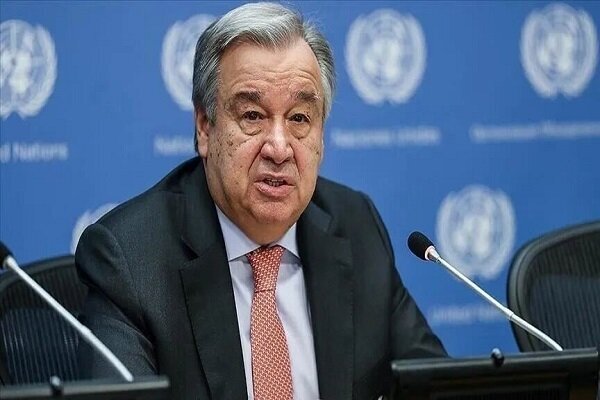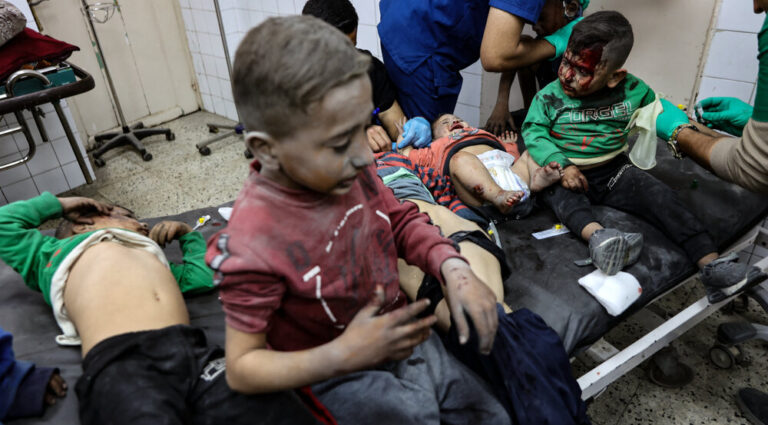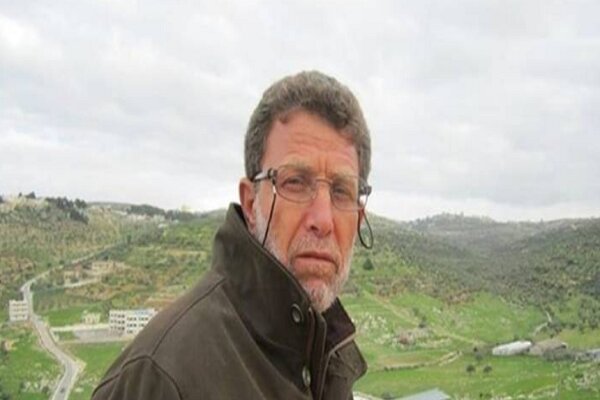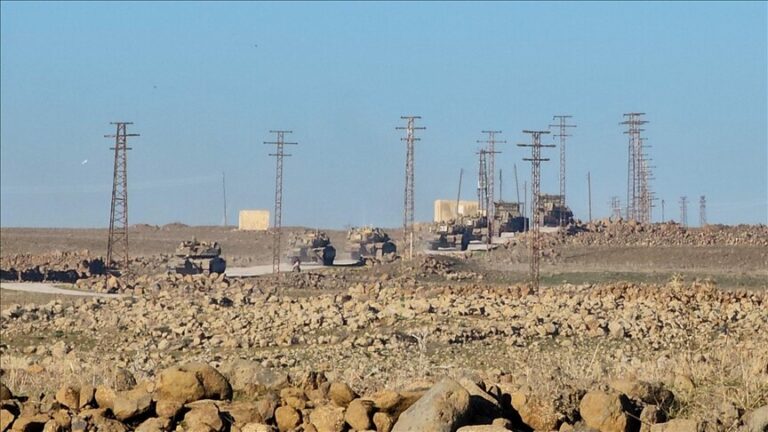Ukraine Commemorates 3rd Anniversary of Invasion Amidst Uncertain Support Landscape
In a significant display of solidarity, leaders from the European Union and Canada convened in Ukraine to commemorate the third anniversary of Russia’s invasion. This gathering underscores the ongoing support for Ukraine amidst the ongoing conflict, with Ukrainian President Volodymyr Zelenskyy emphasizing the remarkable resilience of his nation.
On Monday, President Zelenskyy celebrated the “heroism” of Ukrainians as he welcomed European Commission President Ursula von der Leyen and Canadian Prime Minister Justin Trudeau, along with other dignitaries. Notably absent was a representative from the United States, which has raised concerns about the future of Washington’s support for Ukraine, as reported by Al Jazeera.
“Three years of resistance. Three years of gratitude. Three years of absolute heroism of Ukrainians,” stated Zelenskyy. “I thank everyone who defends and supports it.” This message reflects the sentiment of many Ukrainians who have faced adversity since the onset of the conflict.
European Commission President Ursula von der Leyen reaffirmed the EU’s commitment to Ukraine, stating, “In this fight for survival, it is not only the destiny of Ukraine that is at stake. It’s Europe’s destiny.” This declaration highlights the intertwined fates of Europe and Ukraine as the conflict continues to unfold.
In light of the increasing uncertainty surrounding U.S. military support, leaders from the 27-member bloc are scheduled to convene for a special summit on March 6. The focus will be on making crucial decisions regarding Ukraine and European defense strategies.
On the same day, a meeting of EU foreign ministers resulted in the approval of a 16th package of sanctions against Russia. However, Hungary, led by Prime Minister Viktor Orban, has complicated the EU’s efforts by refusing to support additional sanctions. Orban’s close ties with Russian President Vladimir Putin have raised concerns about Hungary’s position within the EU.
- Hungary will not support further sanctions against Russia.
- Foreign Minister Peter Szijjarto opposed an increase in EU military aid.
The shift in Hungary’s stance can be attributed to former U.S. President Donald Trump’s pressure on Ukraine to negotiate a peace deal with Russia. Recent meetings between U.S. officials and their Russian counterparts have added to the tensions, with Trump and Zelenskyy engaging in a public feud, further complicating the situation.
In another development, a significant confrontation was anticipated at the United Nations headquarters in New York. Both Washington and Kyiv were set to present competing resolutions to the General Assembly. Ukraine’s resolution, supported by its European allies, calls for the immediate withdrawal of Russian forces, reinforcing Ukrainian sovereignty and territorial integrity. In contrast, the U.S. proposal seeks a rapid end to the conflict without explicitly addressing Moscow’s role in the aggression.
However, Trump’s peace plan, which seems to position him as a global dealmaker, is facing resistance from both sides. Russia expressed disapproval of the UK’s attempts to negotiate a swift end to the war, labeling it “unacceptable.”
Moscow’s Deputy Foreign Minister Sergey Ryabkov stated, “A ceasefire without a long-term settlement is the path to a swift resumption of fighting and a resumption of the conflict with even more serious consequences, including consequences for Russian-US relations.” This statement underscores the complexities of reaching a lasting resolution.
Meanwhile, there are signs that Ukraine’s relationship with the U.S. may be improving. Kyiv announced that a contentious proposal regarding the transfer of $500 billion worth of profits from Ukrainian rare minerals to Washington was now off the table. Discussions on alternative agreements are reportedly advancing.
During a forum in Kyiv, President Zelenskyy expressed his willingness to resign if it would lead to peace. “If you need me to leave this chair, I am ready to do that, and I also can exchange it for NATO membership for Ukraine,” he declared, highlighting the lengths he would go to secure a peaceful resolution.
This pivotal moment in Ukraine’s ongoing struggle for sovereignty and support reflects the broader implications for European stability and security. As the situation develops, it remains crucial for the international community to closely monitor the evolving dynamics and continue to support Ukraine in its fight for independence.
As leaders engage in high-stakes discussions and negotiations, the future of Ukraine hangs in the balance, with the potential for significant shifts in geopolitical alliances and strategies. The unity displayed by European nations and Canada is a testament to the importance of standing together in the face of aggression.
